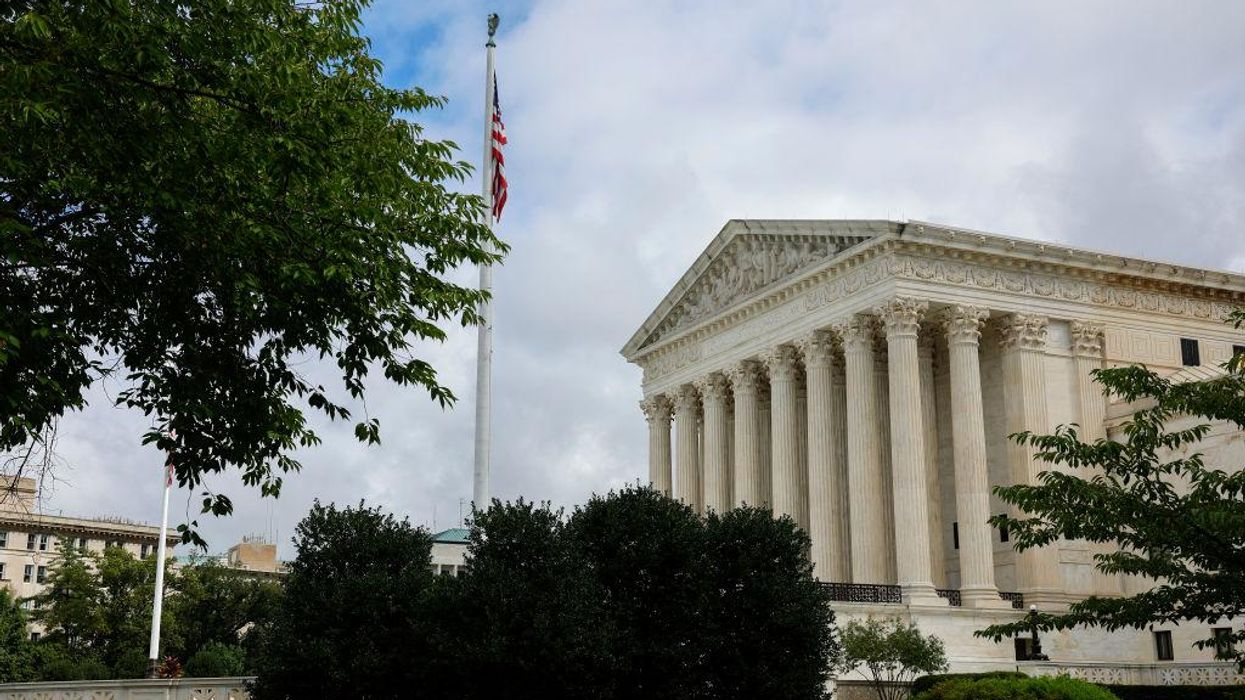
Anna Moneymaker/Getty Images

Last week, the Supreme Court granted Alabama the authority to carry out a lethal injection of Alan Eugene Miller, an inmate who argued that he had the right to be executed by nitrogen hypoxia.
Earlier in the week, a federal judge this week sided with Miller and temporarily blocked the execution. However, in an unsigned order, a divided Supreme Court vacated that judge’s ruling, permitting the execution to go through. All four female justices — Sonia Sotomayor, Elena Kagan, Amy Coney Barrett, and Ketanji Brown Jackson – dissented.
In 2018, Alabama passed a law that gave death row prisoners the choice to be killed by a new method: nitrogen hypoxia, in which a person is fatally deprived of oxygen.
Miller, who was convicted of murdering three men in 1999, claimed that he had a fear of needles and preferred to be executed via nitrogen hypoxia. The state argued that Miller never made the request for nitrogen hypoxia and sought to move forward with lethal injection.
After the Supreme Court’s order, prison officials began trying to insert an IV line into Miller’s veins. However, the state was not able to complete the process before midnight, when Miller’s death warrant expired, according to the New York Times. “Due to time constraints resulting from the lateness of the court proceedings, the execution was called off once it was determined the condemned inmate’s veins could not be accessed in accordance with our protocol before the expiration of the death warrant,” said Alabama Corrections Commissioner John Hamm.
Miller ended up being returned to his prison cell.
In recent years, Alabama has had several incidents related to botched executions. In 2018, the state called off the execution of Doyle Hamm after being “unable to establish an intravenous line,” reports the Associated Press.
“The Alabama Department of Corrections verges somewhere between malpractice and butchery,” said Bernard Harcourt, a lawyer who represented Doyle Hamm, according to the AP. “What it demonstrates is we really shouldn’t be given this incompetent bureaucrats the power over life and death.”
The New York Times reports that it was not immediately clear when the state would try to execute Miller again. Alabama Governor Kay Ivey said she expected that the execution would be rescheduled “at the earliest opportunity.”